Living
33 Countries & Counting! Meet the South African Journalist who Quit Her Job to Travel Around Africa
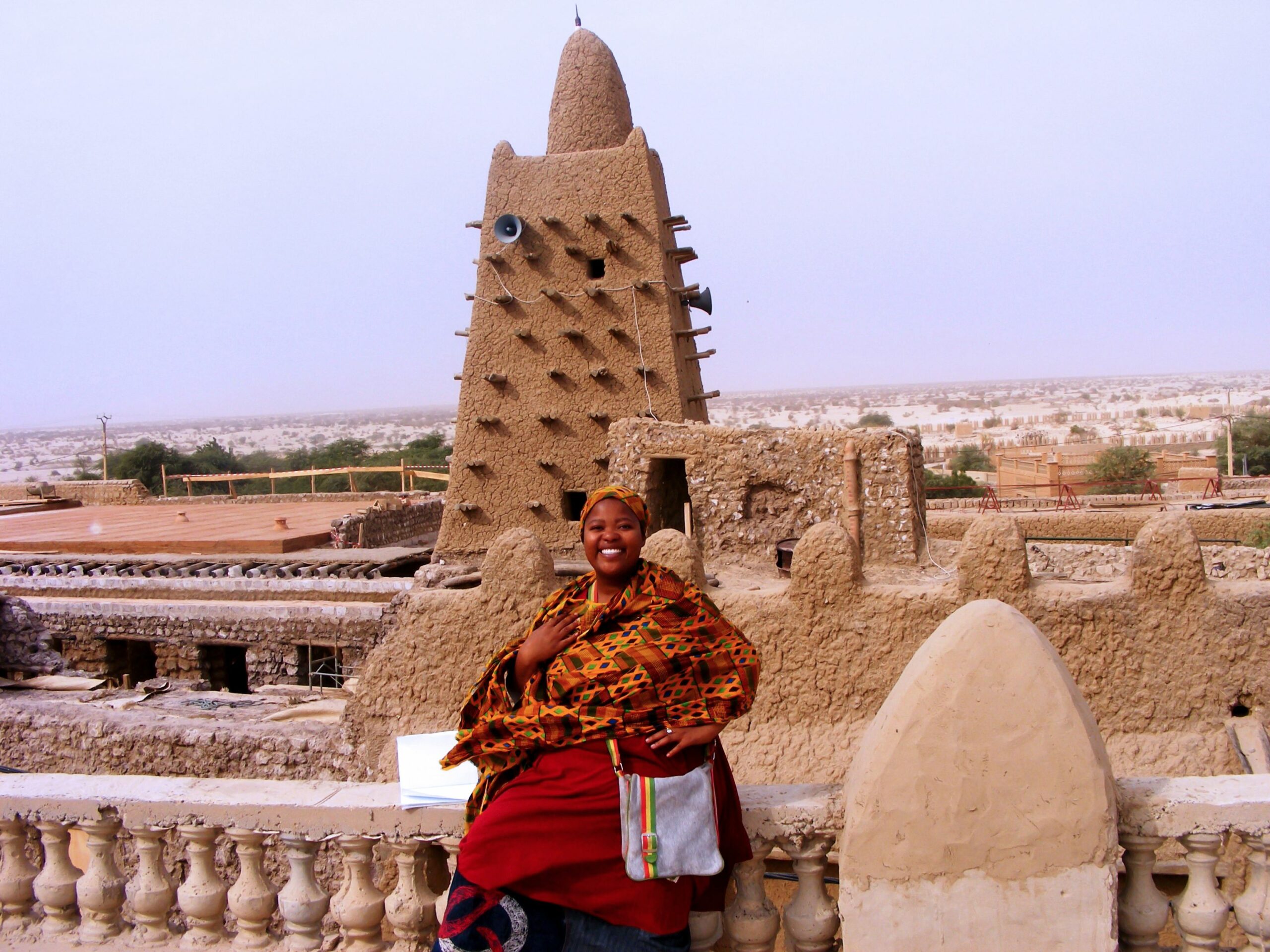
For as long as she can remember, Lerato Mogoatlhe existed in two parallel universes. Taking in the views of the Johannesburg skyline, her mind would wander to the sands of Timbuktu, she would learn to pronounce the names in Ngũgĩ wa Thiong’o’s literature, and she would will “that” Africa to become her reality, even if the life she was experiencing in South Africa fought against it.
Mogoatlhe was born and raised in Mabopane, a suburb of Pretoria. Growing up in apartheid South Africa meant western culture, texts, history, and ideals were instilled through a “Bantu Education” system that vilified all things African. Still, an encounter with African literature struck a chord in Mogoatlhe’s heart, and she never looked back.
“I encountered African literature in Grade 10 and not at a superficial level of the curriculum at that time. I read Things Fall Apart, and first of all, the way he uses language; you’re encountering things you’ve never met before; traditional wrestling, palm oil,” Mogoatlhe narrates.
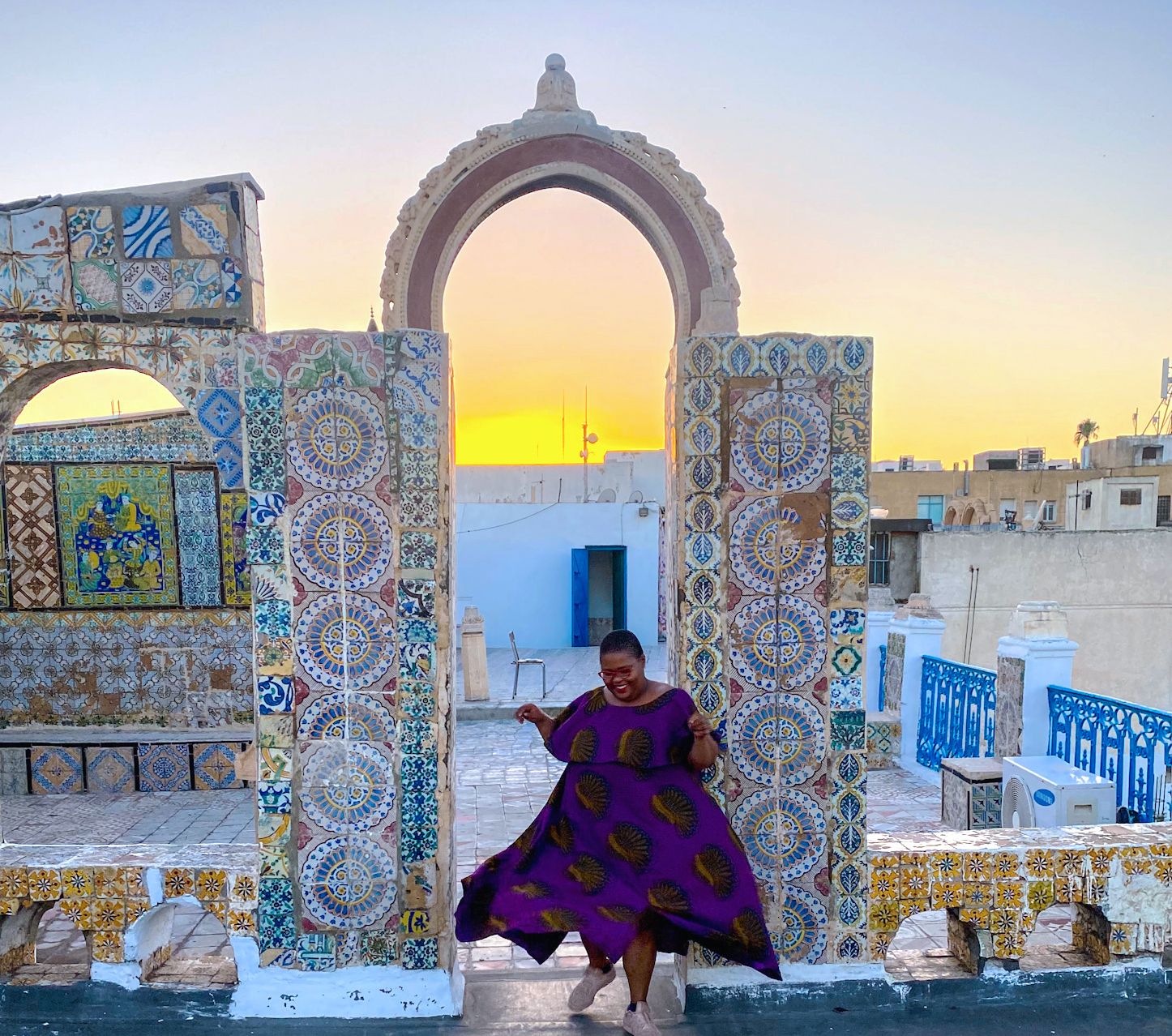
“I was so engrossed. I fell in love with African stories, African history, our heritage, and it made me want to travel, “Mogoatlhe explains.
Through these books, her love affair with Africa was ignited. She made decisions that pulled her closer to her dream of exploring the continent, including enrolling in a journalism degree at Wits University to pursue a career she believed would allow her to travel.
“I was like, ‘if I love travelling, and journalism is one of those careers everyone says you travel, I guess I could become a journalist,'” she chuckles.
To her dismay, travel in the media field was not what she had envisioned. In fact, travel outside South Africa was rare and restricted to particular assignments. A media trip to West Africa in 2006 finally turned the tide.
“It was a media trip to Accra for four days and it felt just right. Remember, I’m obsessed with West Africa; I’ve wondered, ‘when I finally go to Dakar, how is this word pronounced? Does it sound like the way it’s pronounced when I’m listening to the songs?‘“
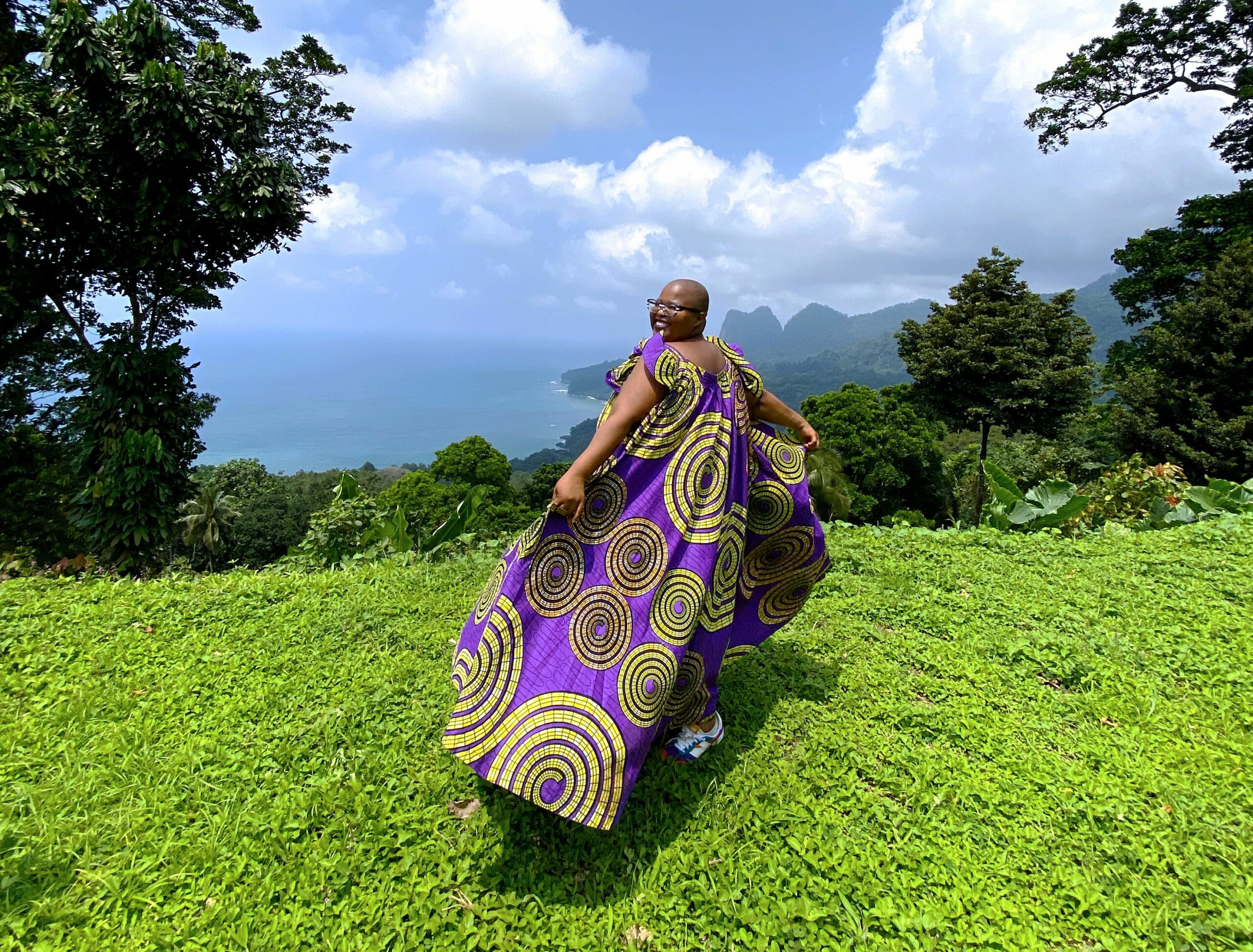
Everything about the trip was affirming for Mogoatlhe, from how the humidity beautifully laced her skin to the dominance and celebration of all things black, something she was not accustomed to. Back home in South Africa, wealth remained significantly concentrated in the hands of the white minority while the majority of black citizens were often referred to as the help.
“Whiteness centres itself in my experience as a Black South African, even when I’m not looking for it. It was very refreshing for me to be in Accra and have it be so African in how people dressed, spoke, and carried themselves around me,” Mogoatlhe says.
“I noticed how people walked so proud and tall, wrapped in their kente, how everyone was jubilant. I noticed at this particular shop how everyone was black, from the manager to the staff,” she adds.
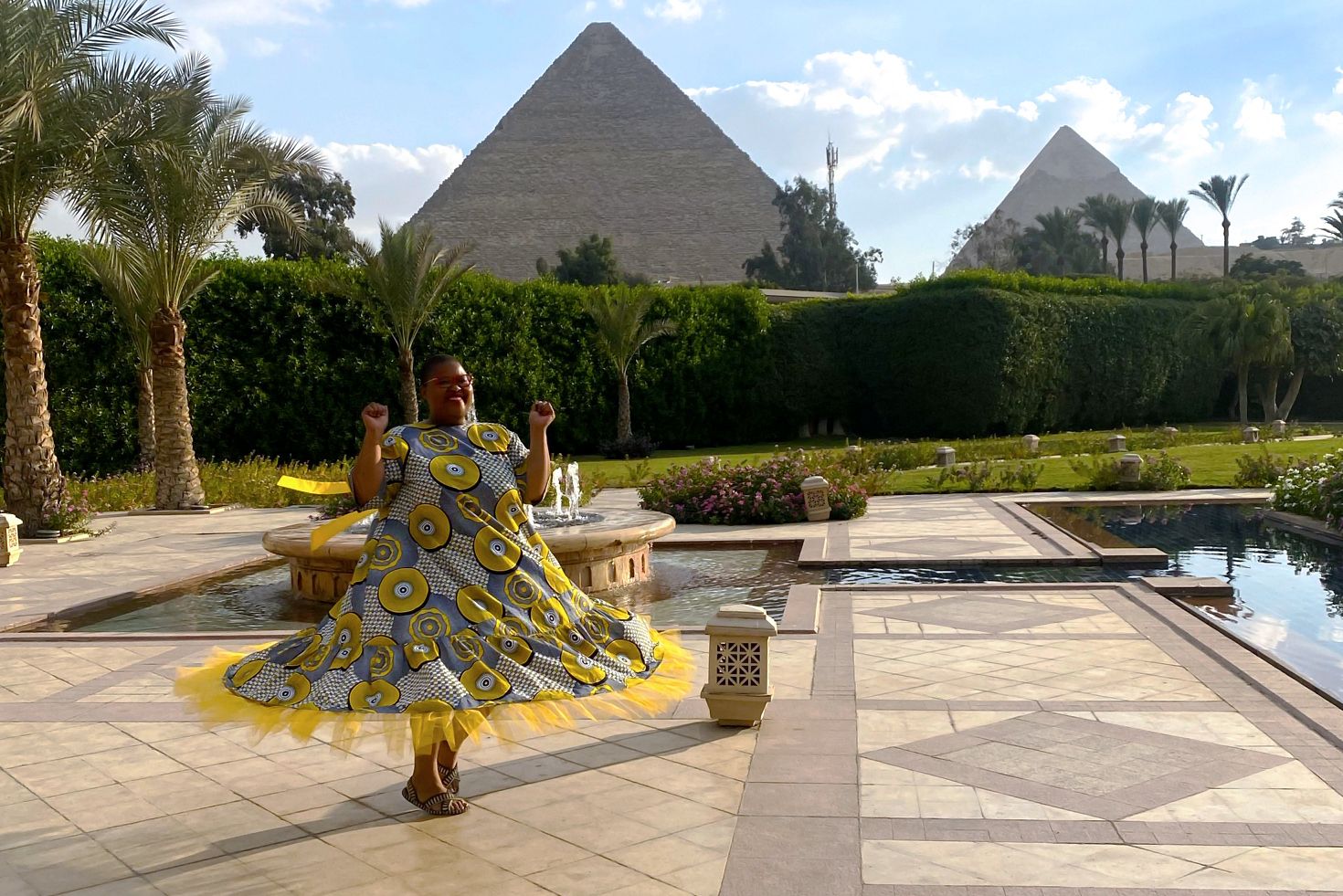
At the prompting of their driver, Mogoatlhe and her colleagues visited markets in Accra and the famed Labadi beach. The beach was laden with vibrance from art, culture, euphoric sounds, trinkets, and barbecue stands. The reality of experiencing another African city was “a million times better” than Mogoatlhe had imagined, and at last, she was not just imagining it; she was living it.
Towards the end of the trip, Mogoatlhe tapped into her manifestation hat once more, asking for a sign that she was meant to stay in Ghana, ready to risk it all.
She spotted one 30 minutes later. “I love signs, so I’m like, if I see a Woolworths, I’m going to take it as a sign that I must move to Accra.” She spotted one. “So, I guess I have to move to Accra, isn’t it?” Mogoatlhe exclaims.
Mogoatlhe quit her job as an entertainment and lifestyle journalist in June 2008 to become a nomad in Africa. She did this with little money and a lot of faith.
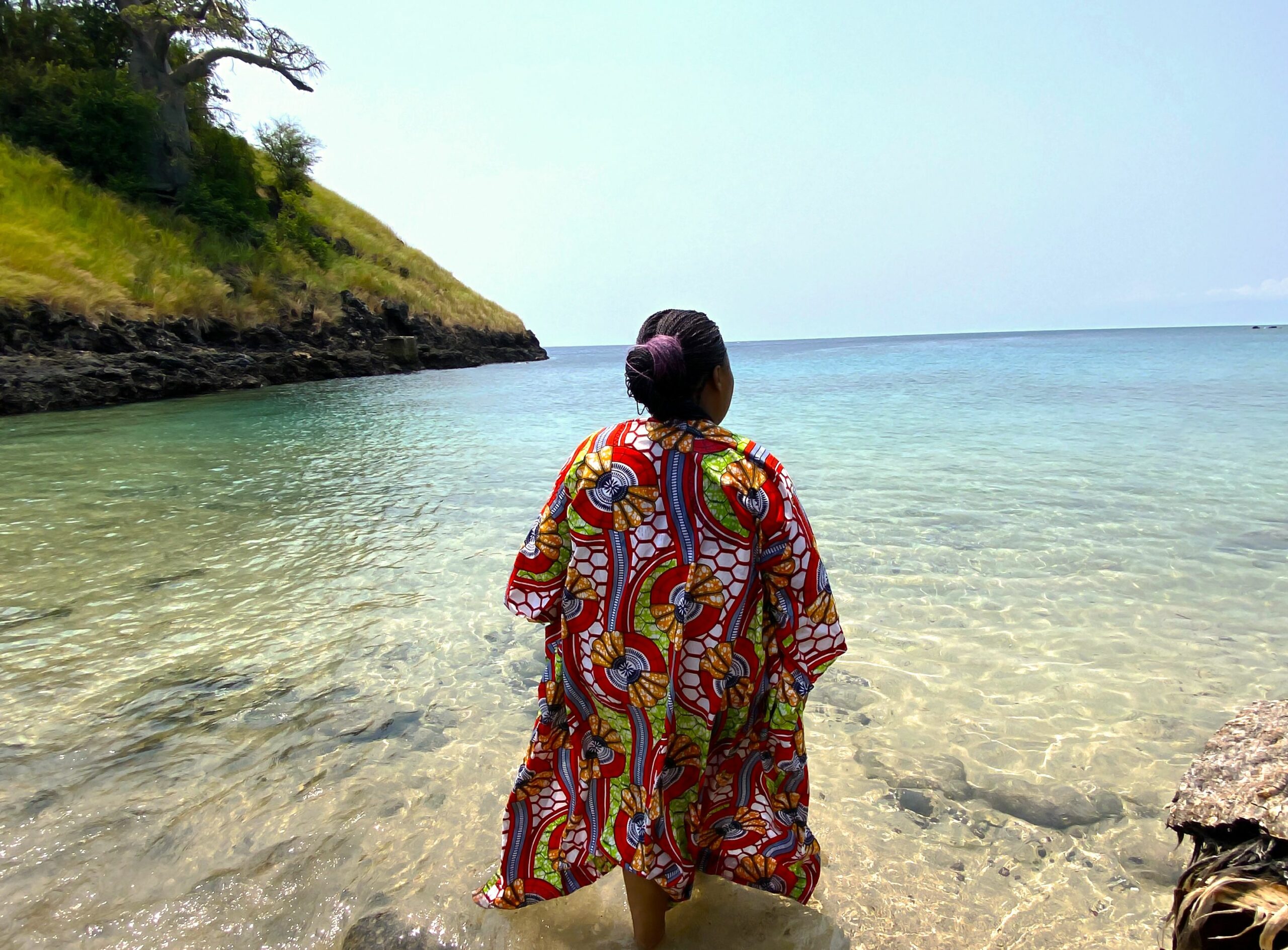
“It was supposed to be a three-month trip to West Africa. I was going to go to Senegal, Mali, Burkina Faso, Ghana, Togo, and Benin, and then fly back to South Africa. Three months later, I was still in West Africa; five months later, I was still in West Africa. I spent a year and seven months in West Africa, “Mogoatlhe laughs.
Mogoatlhe relied on freelance gigs to stay afloat without a steady full-time job, often running out of money, but that did not deter her. She took taxis, trains, and buses to get from one country to the next. While travelling, she applied for visas and spent two to three days in each country. Her longest stay was six months in Mali.
Some of her most priceless encounters include finding herself part of Salif Keita’s musical retinue on the Ivory Coast; discovering that griots (traditional West African storytellers and historians) still exist; experiencing the dervish ceremony held by Sunni Muslims in Omdurman, Sudan; and learning that Sudan has more pyramids than Egypt. However, her experience in Mali remains the highlight of her journey and is one of her reasons for fighting against stereotypical representations of Africa.
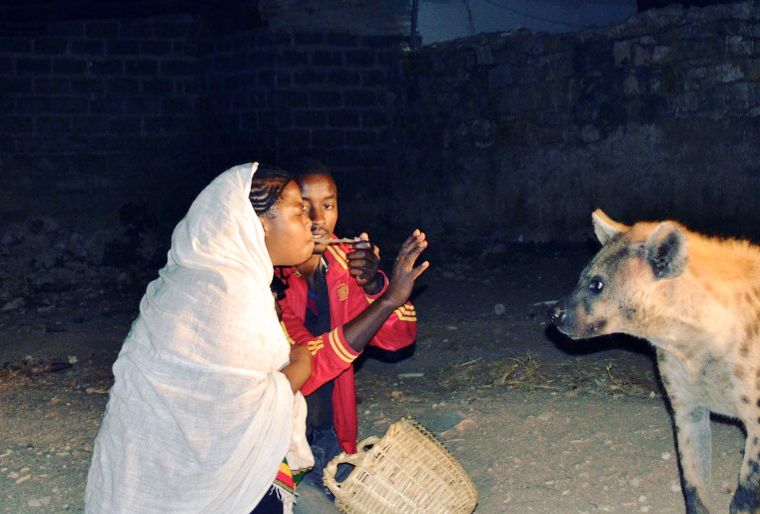
“When people speak of Mali, you consistently see the poverty, and then being able to spend six months in Mali and encounter the generosity that makes people run down the street and invite you for lunch, the generosity that makes people offer you their home, the generosity that makes someone move out of their bedroom that’s more comfortable so you can move into that bedroom,” Mogoatlhe says.
“Mali truly made me aware of the importance of writing our own story beyond stereotypes, with texture, with nuance. To be held with love as Malians do is a gift for the soul,” she continues.
Upon her return to South Africa, Mogoatlhe immortalised her experiences in the critically acclaimed book Vagabond: Wandering Through Africa On Faith, an account of how her three-month break in West Africa turned into living around the continent for an extended period of five years.
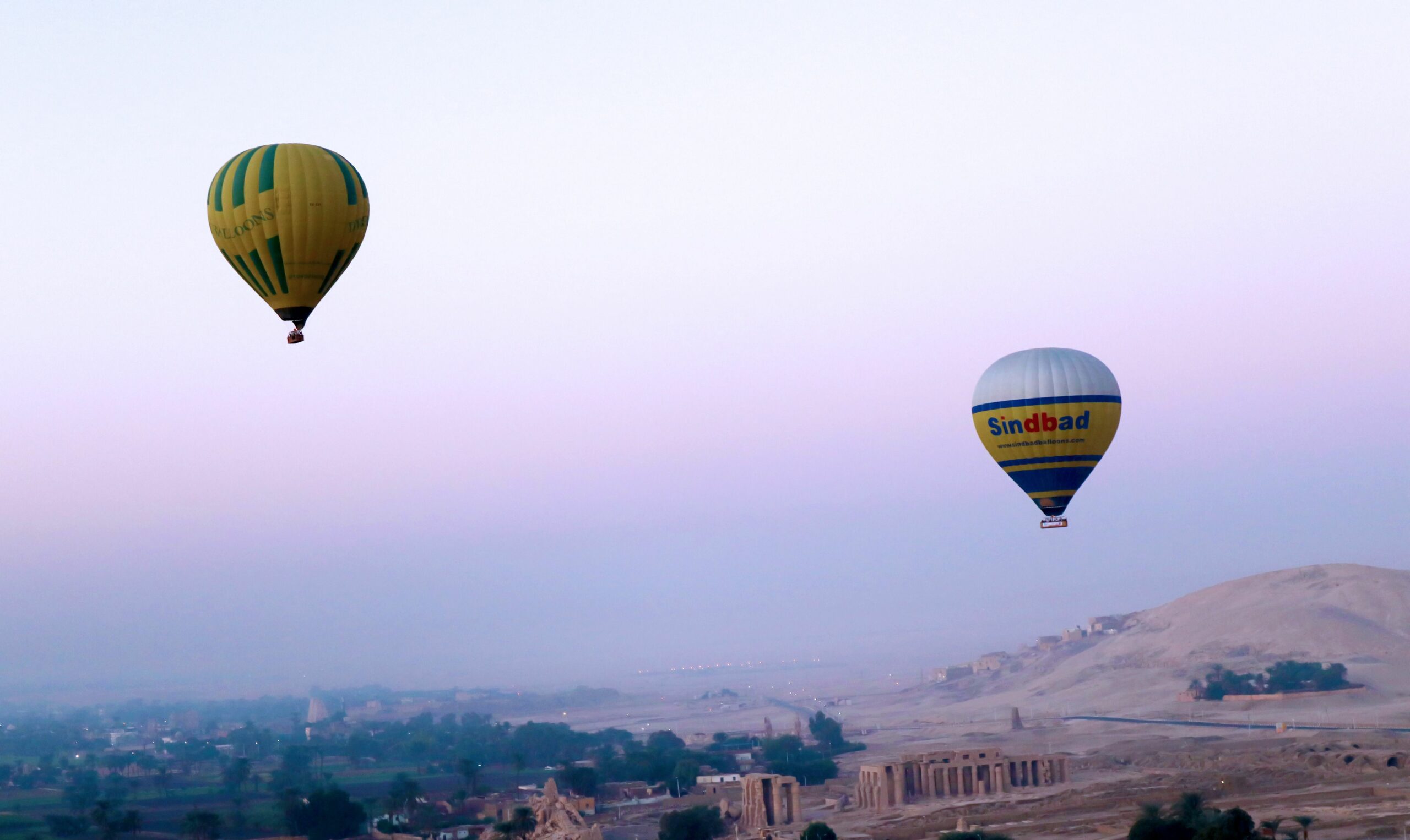
She doesn’t live on the road anymore, but she still travels a lot. She runs the travel blog www.vagabond.africa and does narrative work at Africa No Filter to change the way people think about Africa.
“Africa is the biggest story ever told,” says Mogoatlhe. “There’s a kaleidoscope of experiences. To me, it is such a pity when it is just reduced to stereotypes. It is an even greater pity when we do not travel the continent because we have also internalised those stereotypes and misconceptions about ourselves.“

Some interesting quick-fire insights on Mogoatlhe’s travels:
Favorite meal: Thieboudienne, Senegal’s national dish and rice dish superstar. Favorite street food: : Uganda has a street food called Rolex, and Egypt has kebda (liver sandwich).
“Egypt also has pickles called Torshi; when I say I miss Egypt, what I mean is I want to eat torshi. The best fire-roasted meat I’ve ever had was at a Francophone West African eatery called Dibiterie. Slow-cooked, served with mustard, and melts in the mouth.“
Languages learned along the way: “a bit of KiSwahili and French, and I am now learning Portuguese.”
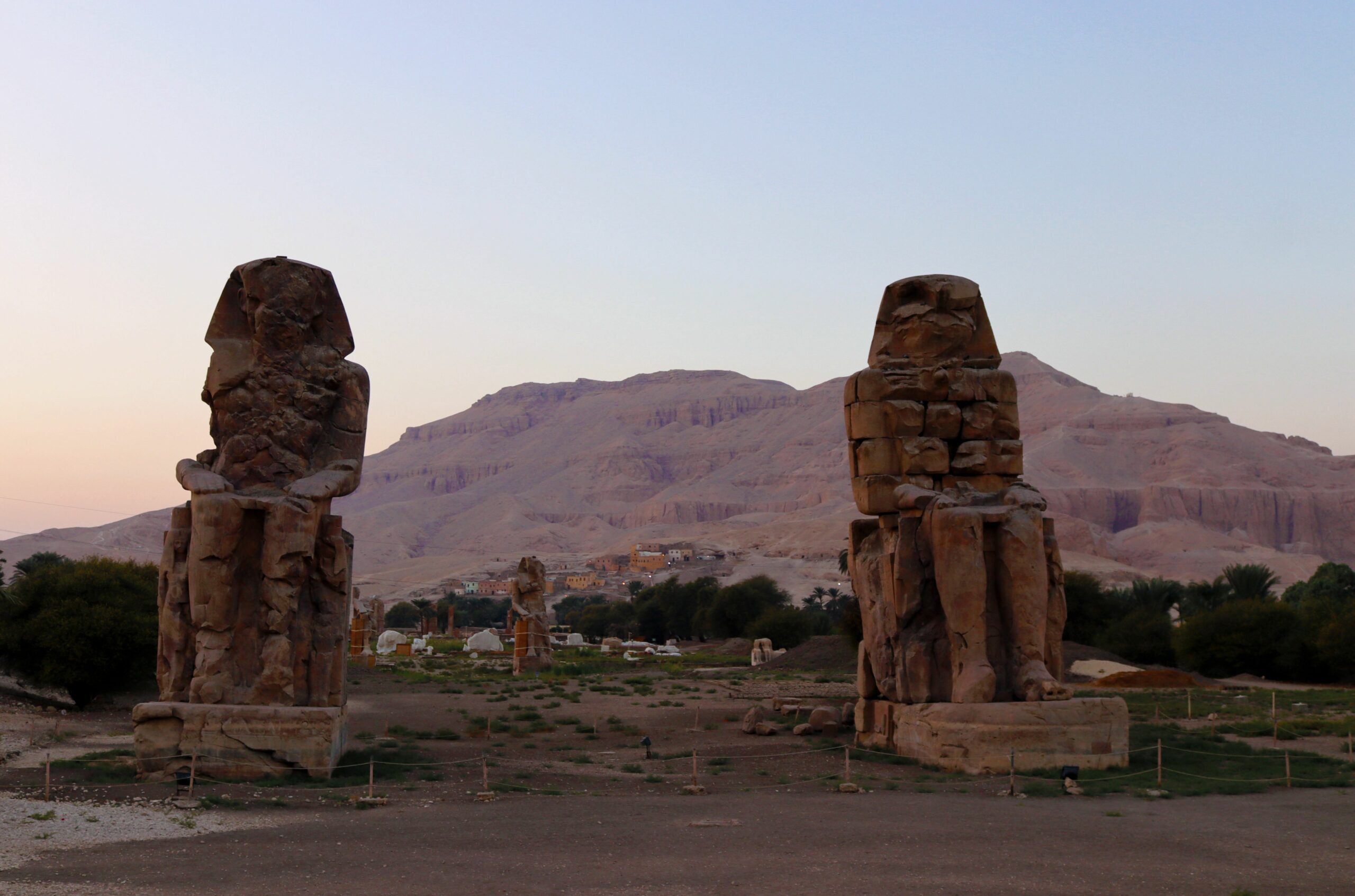
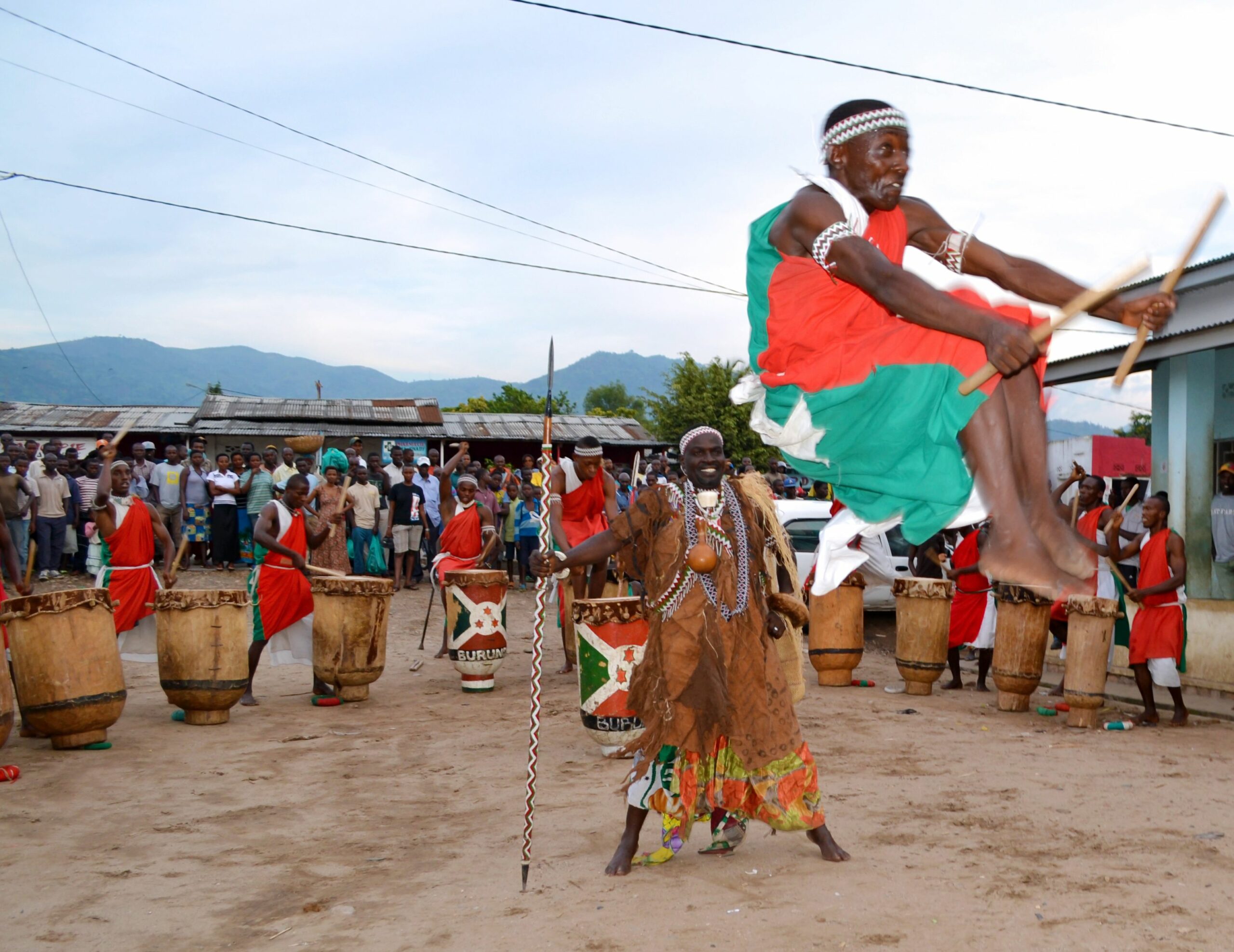
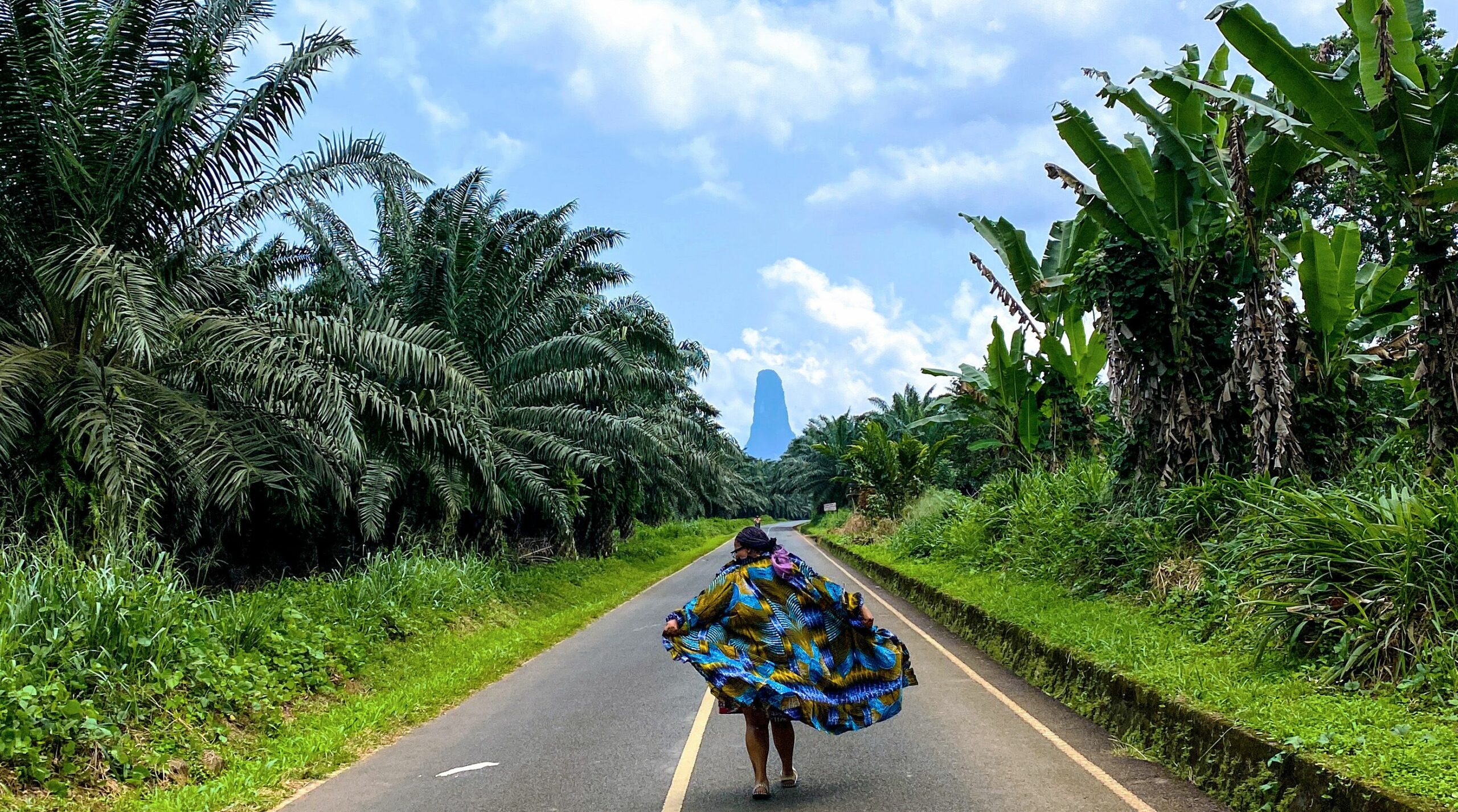

Photo/Story Credit: Tatenda Kanengoni for bird story agency






















